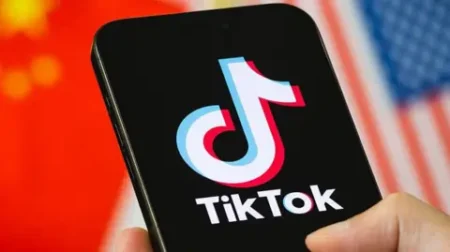Microsoft has recently commenced the rollout of a new AI-infused tool called Copilot+ Recall that captures users’ screens at regular intervals, a feature that evokes strong reactions due to its controversial implications for privacy. The tool, designed for users of Microsoft’s AI-capable PCs and laptops, has been met with both curiosity and concern, particularly among privacy advocates. The feature is currently available to a select number of participants in Microsoft’s Windows Insider program and represents a relaunch of a concept that initially gained notoriety as a “privacy nightmare” when first introduced in 2024.
Following substantial backlash, Microsoft paused the rollout to refine the technology and address potential concerns regarding user privacy. The renewed launch comes after testing the feature with a limited audience and now aims to expand access to more users, albeit with stipulations. The early critics of Recall highlighted the potential for unintended privacy violations, given its ability to store snapshots of both personal and private information, particularly that which pertains to other individuals without their consent.
As of now, Microsoft has confirmed that Recall will be made available globally, although users in the European Union will not have access until later in 2025. This staggered deployment approach indicates the company’s awareness of varying international privacy laws and user expectations around data protection.
One key feature of Recall is its voluntary opt-in mechanism. Microsoft assures users that they can pause the automatic capturing of snapshots anytime they desire. Once activated, this tool aims to streamline users’ ability to search their past activities, making it easier to retrieve files, emails, and even online browsing histories. For instance, if a user comes across a product, like a dress, that piques their interest during their online shopping, they can easily look up where they saw it using this feature.
However, privacy advocates remain skeptical about the implications of such a feature. Dr. Kris Shrishak, a privacy campaigner, has voiced considerable concerns about the potential misuse of the information collected by Recall. He points out that, despite the opt-in model being an improvement compared to past iterations of the tool, it still poses risks of capturing information about other people who cannot consent to their data being saved.
The Recall tool has the potential to store images and discussions from email and messaging platforms, including WhatsApp. This raises additional privacy questions; for instance, if someone were to receive a private message with images, Recall could store those images without any explicit consent from the original sender. Dr. Shrishak highlighted this issue by comparing it to what happens with disappears messages on platforms like Signal. While such messages intend to be temporary, Recall would retain them indefinitely, thus altering their privacy dynamics entirely.
In response to these concerns, Microsoft has assured users that Recall does not share the captured snapshots or any associated data with third parties or amongst its user base. Additionally, the company insists on strict identity confirmation requirements before users can access their saved snapshots, maintaining that all information remains stored locally and can be deleted by the user if desired. Users can also select which applications are monitored by Recall, and certain browsing modes are explicitly excluded from being captured.
The UK’s data protection authority, the Information Commissioner’s Office (ICO), has previously announced that it was in discussions with Microsoft about Recall when it was initially presented to the public. It later acknowledged that “a series of changes” had been made to the product in light of the criticism it received. This attention from regulatory bodies only underscores the delicate balance tech companies must maintain between innovation and the safeguarding of user privacy.
In conclusion, Microsoft’s Copilot+ Recall tool exemplifies the dual-edged sword of technological advancement in the realm of personal computing. While designed to enhance user experience and offer convenience, the complexities and implications surrounding user privacy remain a significant hurdle. The ongoing scrutiny by privacy advocates and regulatory bodies indicates a crucial conversation that will shape how such technologies are embraced in the future.











